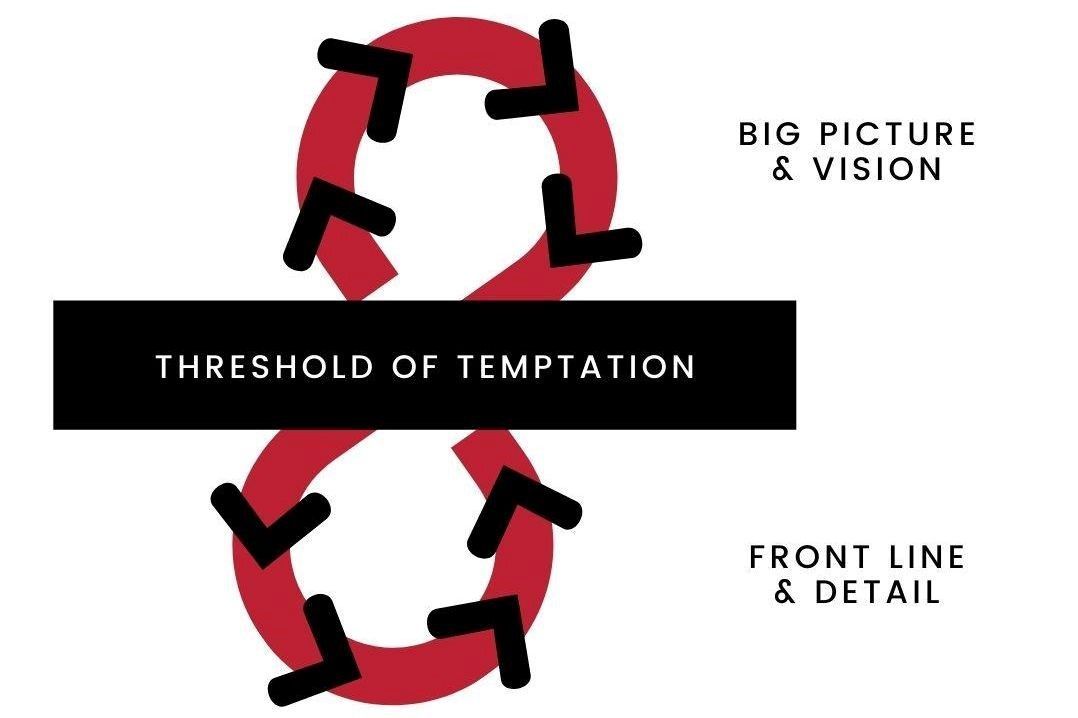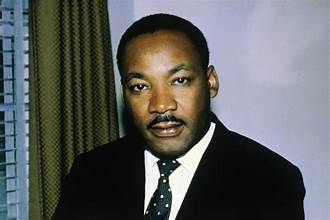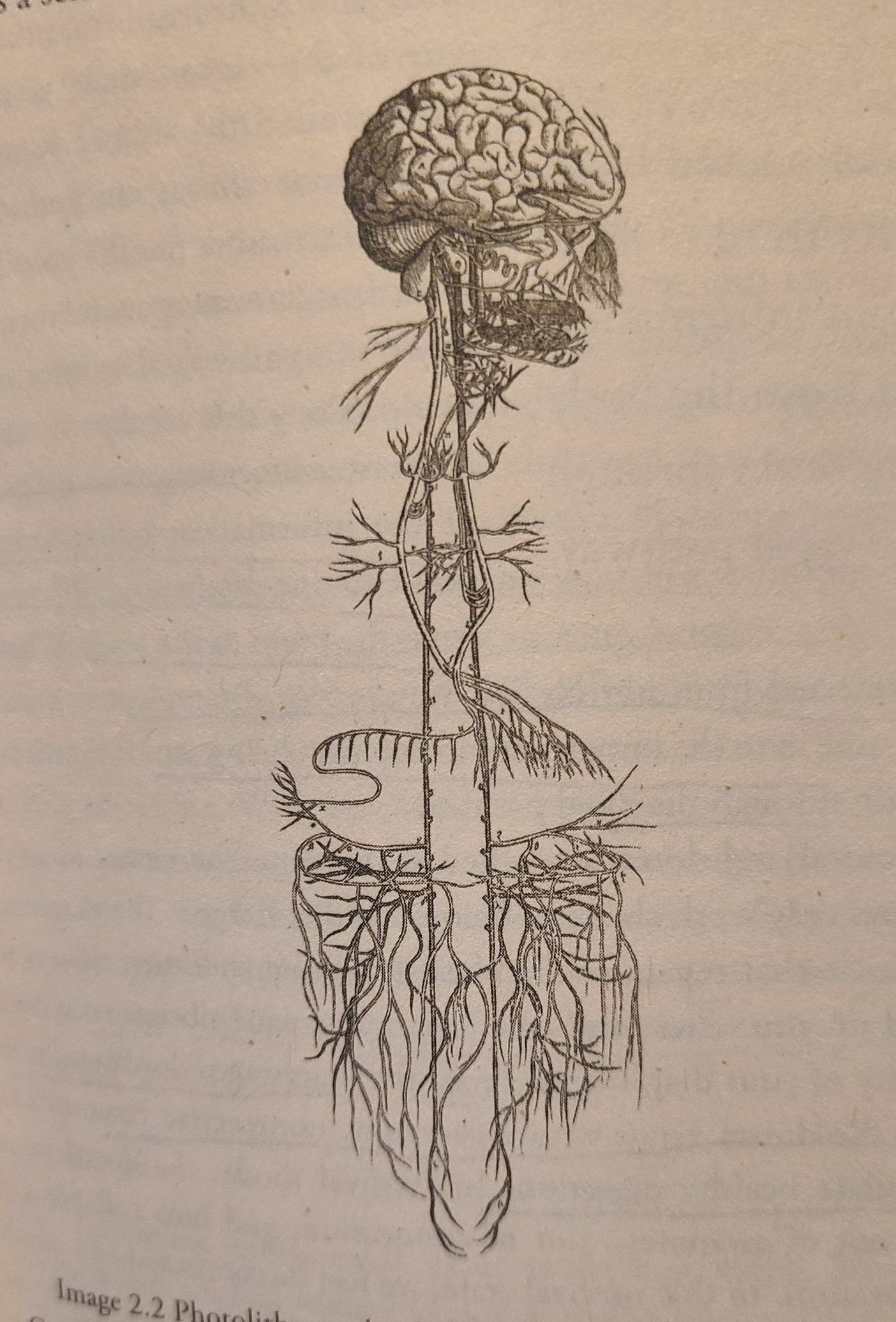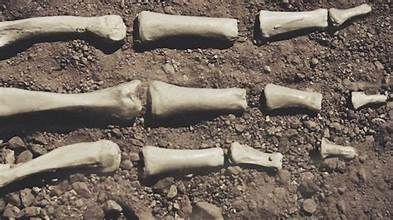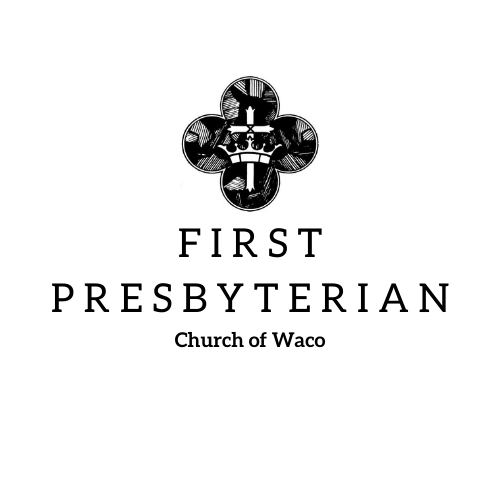Lend an ear, heart and voice
Deliberation....not changing minds but providing space to think.
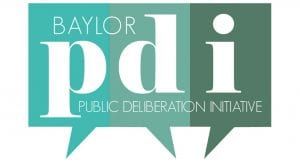
One of the greatest challenges to modern-day religious life is finding a balance between speaking and listening. The Church has a long history of over-speaking and failing to listen. It is often tempted to see itself as an institution that represents God to the world. Yet when we over-speak, we find ourselves talking about God as if we fully know the mind of God.
Such stabs at authority leave us in ecclesial debates about which particular branch of the Church is more righteous. We can find ourselves at odds with other denominational or nondeminational churches. Those of us who are mainline have certainly experienced conflict within our own denominations. An example of this futility is the way the Bible has been employed to support one side or the other regarding a political or social issue. Some say the Bible in desperation can be quoted or construed to support any argument.
But it’s not so much the content of scripture as the method in its use that leaves some invoking the Bible this way or that. Some of the finest biblical scholars remind us that the Bible is not so much prescriptive about the mind of God as provocative in truth-seeking and dialogue. More than anything, the Bible should tune our senses to a higher awareness, one that involves deep thought and deliberation.
Over the past 25 years of ministry, I have continued to appreciate the art of listening to individuals striving to live within a community of faith. They often don’t ask me to explain the mind of God on a given issue. Nor do they seem to ask God to fix their individual circumstance or challenge. They merely want their longings, ponderings and agonies to be heard by those they love and respect. Thus I have learned that if it has been important for the Church to speak in times past, it is more important at times that the Church listen.
Listening can be difficult in the best of times. Is it any wonder that in the culturally and politically polarized environment of today we struggle to listen deeply? Shallow listening abounds. We may half-listen to others while we simply wait our turn to speak. We may listen selectively to the views of commentators whose opinions echo our own, ensuring we never experience an intellectual or spiritual epiphany. We may become distracted, switching to programs on Netflix or Hulu to tune out adaptive challenges vying for our attention.
Seeking dialogue
For all these reasons, I have been captivated by recent editorials and guest columns in the Tribune-Herald on matters of civility, dialogue and communal understanding. These include insights offered during a Nov. 15 dialogue hosted by Baylor University. It showcased Robert George, a conservative professor of jurisprudence and director of the James Madison Program in American Ideals and Institutions at Princeton University, and Cornel West, a progressive professor of philosophy at Harvard University and professor emeritus at Princeton University. Both are vocal Christians. Their dialogue packed Waco Hall; graying professors and idealistic students heaped cries of affirmation as the two bolstered the battered notion of serious and informed civil discourse amid cultural upheaval. The two scholars were experts making their point.
In the spirit of experts, I caught news about businessman and philanthropist David M. Rubenstein’s new book, “An American Story: Conversations with Master Historians.” It’s a record of Rubenstein’s experience bringing together elected officials of opposing parties to hear out master historians. He describes these as apolitical gatherings, allowing for careful listening apart from the pressures of decision-making. As such, listening is less likely to be shallow, selective or distracted. But it’s not enough for these gatherings to be orchestrated for a privileged few. Which brings me to my commitment to public deliberation and Dr. Josh Ritter of Baylor.
Ritter, assistant director of spirituality and public life, and his colleagues have been invested in deep listening for some time. Baylor’s Public Deliberation Initiative has been bringing students and citizens together for conversations about some of the most pressing challenges of our day. As part of these forums, I have been moved by people’s ability to share experiences and perspectives on matters of opioid addiction, immigration, gun ownership, climate challenges and more. I like their motto: “Doing democracy differently.”
Consider, cooperate
Quite separate from the confrontational debate style that so dominates our cable-news programs and town-hall meetings, the public deliberation method does not seek to necessarily change minds. Rather, it provides a framework of options to consider on any given topic. Thus we gain an appropriately structured environment for listening to another’s insights with opportunity to share our own . We at First Presbyterian have been experimenting with public deliberation in cooperation with Dr. Ritter and St. Alban’s Episcopal Church : Listening is not shallow, distracted or selective. It is deep and appreciative. I’ve witnessed people of strikingly different opinions appreciate and respect one another without changing their minds.
Indications are we’ll need such skills: 2020 will be a unique time in which to deliberate and discuss. USA Today has partnered with the National Institute Forum and Public Agenda. Together, they are inviting local communities to publicly deliberate on social issues that most challenge us as a nation. The idea is that in an election year it should not just be people listening to politicians but people listening to one another. USA Today will provide national coverage of local conversations. Such collaboration, funded in part by the Kettering Institute, promises to inspire and perhaps increase nationwide civility. First Presbyterian, Baylor School of Social Work and St. Alban’s will offer venues for such gatherings throughout 2020. On Jan. 4, we will host the first conversation in our Fellowship Hall at 1100 Austin Avenue. The topic: “A House Divided: What Would We Have to Give Up to Get the Political System We Want?”
Perhaps this is one way the Church can balance its claim to authority. When the Church must speak, perhaps pontification will diminish and loving provocation will sound the invitation. Come, good people, lend your ear, heart and voice. Faithful deliberation holds a promise for us in the presence of God.

